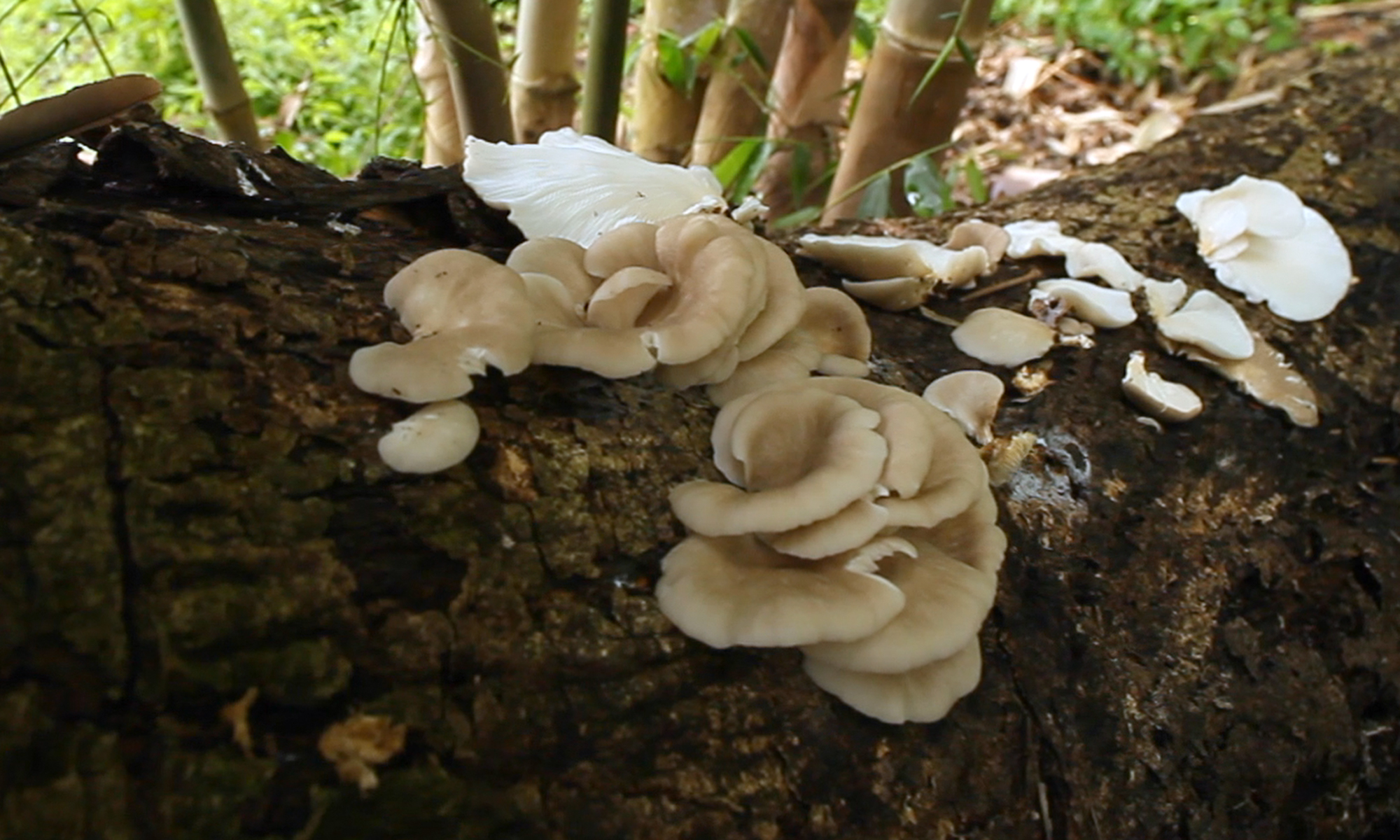
© Danielle Landis 2020
BUILD YOUR BODY’S IMMUNITY WITH BETA-D-GLUCANS
Sickness has a nasty way of creeping up on you at the most inopportune times. You may be muscling your way through school, getting married—or divorced, moving to a new home, raising a family, losing a family member, or sending your son or daughter off to college. Stress is high, and you feel low. Then it hits—it could be a simple head cold, an incapacitating flu, or even a dreaded report of cancer. All are signs that your immune system is laboring and needs help. It is just never a good time to lose your momentum as you put your life on hold to deal with an unwanted invader. But sometimes the best laid plans get interrupted.
What are Beta Glucans?
Beta glucans are a vital tool in the toolbox to help you keep feeling your best. Considered a soluble fiber, glucans are chains of glucose molecules called glucose polymers. Beta-glucans are the most immunologically active of the glucans, and are considered to have anti-infection and anti-tumor properties.(1) They are literally responsible for calling the immune system to attention and subsequent action. In recent years, beta glucans have been studied as possible adjuvants in anti-infection vaccines as well as immunomodulators in anti-cancer immunotherapy.(2)
In a cascading event, beta glucan molecules activate all the body’s immune cells including macrophages, neutrophils, natural killer cells, basophils, etc. through the signaling of cytokines like interferon. After ingestion, beta glucans are broken down through phagocytosis by macrophages and presented to other immune cells who study them and devise a way to kill them. Small particles are released into the lymphatic system and attach to beta glucan receptors on these cells. They are then triggered into offense mode as they become aware of and attack the invaders in defense of your well-being. (3,4) From viruses that cause upper respiratory infections to disturbing cases of breast cancer, beta glucans are showing great promise aiding in defense and healing. We can all agree that this is a good thing, so. . .
Reap the Benefits by Including Beta Glucans in Your Diet
Kick-starting your immune system is one of the most important things you can do for your health, and adding beta glucans to your diet is a great way to do it. There are two ways to get beta glucans into your diet—food or supplements. Food is always best, but supplementation is also a viable option provided the quality is good. The following lists two foods high in beta glucans.
#1 – Oats
Oats are one of the grains highest in beta glucans and super for igniting the immune system. They also contain a good supply of zinc, important in the strengthening and function of T-cells.(5) Zinc directly inhibits the growth of several viruses including the common cold and the herpes simplex virus.(6) Oats can be included in many recipes, such as granola, apple crisp, or simply a hot bowl of oatmeal with coconut oil, fruit, nuts, yogurt, and a bit of almond milk.
Because of their high fiber content, oats are also beneficial in balancing blood sugar and lowering LDL cholesterol. In addition, they contain unique phenolic phytonutrients called avenanthramides, which act as powerful antioxidants, all good for the heart. (7) All in all, oats are a notable immune-boosting food to add to your diet.
#2 – Medicinal Mushrooms
Having the ability to stimulate and balance the immune system, medicinal mushrooms are a great addition to your diet. Some of the most popular are shiitake, maitake, reishi, cordyceps, turkey tail, lion’s mane, and chaga. Shiitake and maitake mushrooms are the most widely used in general cooking; the others are normally taken in supplemental form.
Processed mushroom products are available in the following forms:
-
-
- Mycelium powders (grown on grains or soybeans) You can test your mushroom powder for quality with a simple iodine starch test to see if you indeed have a pure mushroom product or one filled with starch. (8) You want to be sure you are getting beta glucans and not alpha glucans from starch.
- Powdered extracts in capsules or tablets
- Ethanolic extracts (with or without glycerin)
-
Added benefits:
-
-
-
- High in vitamins, especially Bs, and minerals
- Low in fat
- Contain no cholesterol
- High in fiber
- Superior in protein quality and quantity
- Rich in amino acids
-
-
Promising Anti-Cancer Immunotherapy Studies
Sometimes, the unwanted visitor—cancer—does drop in. Studies are being done that prove the success of beta glucans in fighting cancer and infective microorganisms in the host. Systemic immunostimulation may be the reason why. Beta glucans can promote anti-angiogenesis (interruption of new blood vessel creation), thereby reducing tumor proliferation and preventing tumor metastasis.(9) In one study, beta glucan containing maitake mushrooms were used to combat prostate cancer. It showed a greater than 95% success rate in cell apoptosis through oxidation, and greater efficacy than chemo drugs, except carmustine. When used in conjunction with Vitamin C, much less beta glucan was necessary to produce the same result as using a larger amount of beta glucan alone.(10) From results of other studies, Lentinan, a type of beta glucan found in shiitake mushrooms, is believed to reduce tumor activity by increasing T-cell activity, and lessen the side effects of cancer treatment.(11) This potential of mushrooms, therefore, qualifies them as candidates for immunomodulation and immunotherapy in cancer and other disease treatment,(12) as well as rejuvenators of an immune system weakened by radiotherapy and chemotherapy.
Choose Beta-D-glucans
In the treatment of infections and cancer, beta glucans are proving to incite a powerhouse of immune response to fight off every invader. With the evidence mounting in favor of beta-D-glucans, adding them to your daily regimen is indeed a wise choice for your immune system health.
Sources:
(1) https://www.ncbi.nlm.nih.gov/pmc/articles/PMC3202617/ (2)https://www.sciencedirect.com/science/article/pii/S0264410X18310077?via%3Dihub
(3) Hobbs, Christopher, Medicinal Mushrooms, Restorative Medicine Conference, 2016.
(4) https://www.theimmuneactivator.com/beta-glucan-explained/
(5) https://healthyeating.sfgate.com/zinc-t-cells-10716.html
(6) Murray, Michael T., ND, Pizzorno, Joseph, ND, The Encyclopedia of Natural Medicine, 3rd Ed., Atria Paperback, New York, 2012, pp. 178-179.
(7) Mateljan, George, The World’s Healthiest Foods, 2nd Ed., George Mateljan, Foundation, 2015, Canada, pp. 404, 876-880, 1000.
(8) https://www.realmushrooms.com/polysaccharides-mushrooms-poor-quality-measurement/
(9) https://www.ncbi.nlm.nih.gov/pubmed/17895634
(10) https://www.ncbi.nlm.nih.gov/pubmed/10851301
(11) https://www.lifeextension.com/Magazine/2009/12/The-Immune-Enhancing-Benefits-of-Beta-Glucans/Page-01
(12) https://www.hindawi.com/journals/ecam/2018/7271509/




No Comments